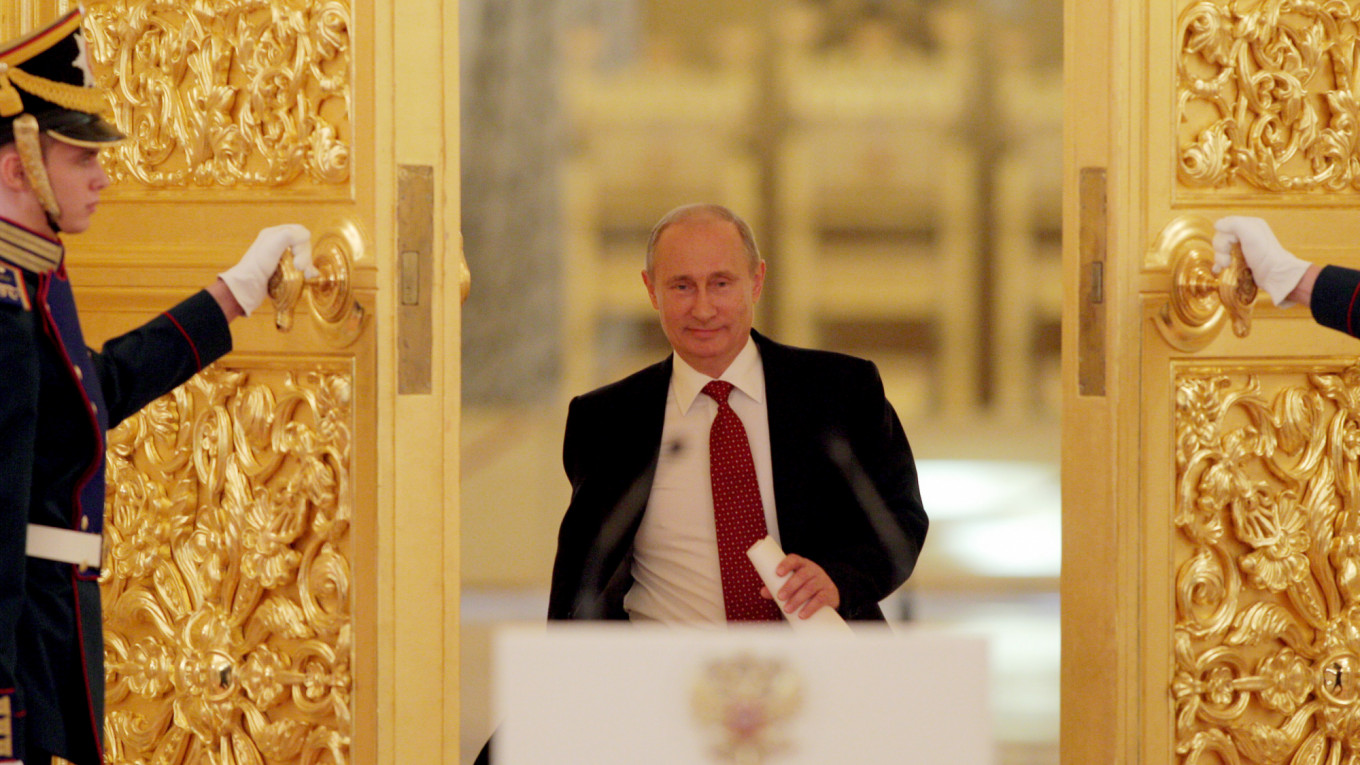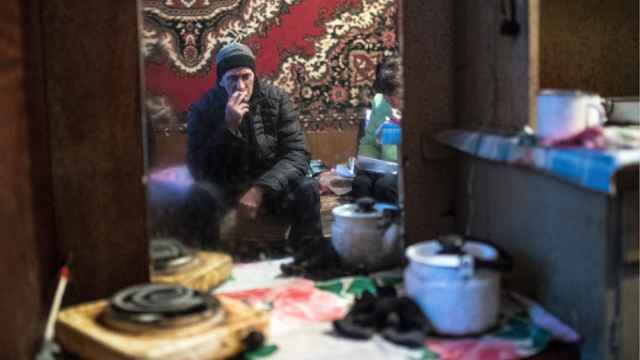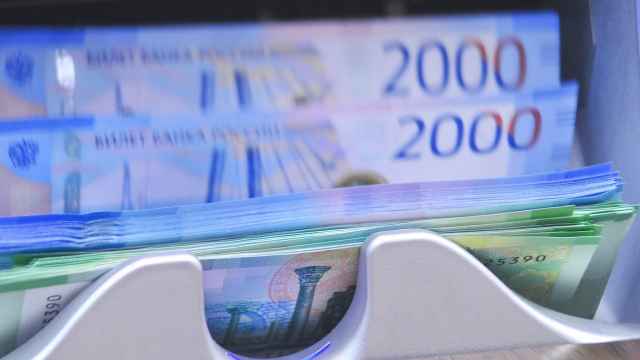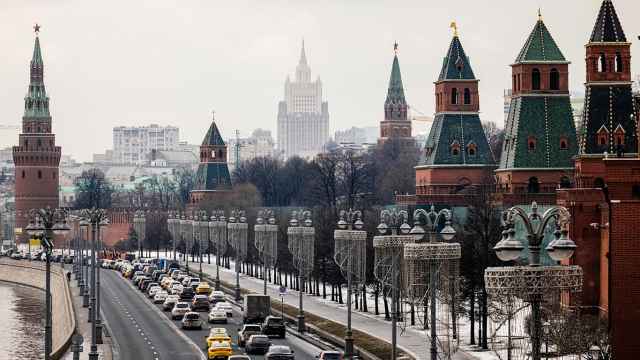Russia is buying gold. A lot of gold. Within the span of a decade, the country quadrupled its reserves. Gold buying last year exceeded mine supply for the first time, so Russia is about to become a net importer of the metal.
Commentators have suggested possible reasons for the buying spree. Are the Russian authorities preparing for a renewed clash with the United States and are they attempting to reduce their vulnerability to financial sanctions? Or do they fear a homegrown financial crisis?
Others suspect something bigger may be at play.
The sheer size of the purchases might reveal bolder motives, with Moscow preparing its first salvo in the coming battle for a monetary reset.
What makes the recent moves especially significant is the fact they are being replicated in Beijing. According to official data, China raised its bullion reserves to 60.62 million ounces in March from 60.26 million a month earlier; last month’s inflow was 11.2 tons, following the addition of 9.95 tons in February, 11.8 tons in January and 9.95 tons in December.
China may actually end the year as the top buyer after Russia. Right now it looks like a close race.
The purchases are unlikely to have been coordinated by Russia and China, but some mutual influence is evident: the two countries expect to benefit from the other’s purchases, which should be supportive of long-term prices.
These moves come at a moment when gold has become attractive as the anchor for new experiments in digital currencies. Gold and crypto are a marriage made in heaven, combining the stability of gold with the convenience and security of the blockchain.
The surge in interest in the concept of gold-backed cryptocurrencies has raised the question of whether one of the many experiments being launched can aspire to become a leading global currency.
Only a sovereign could amass the quantities of gold needed. Does this mean that Russia is considering the idea? Venezuela and Iran have made some attempts already. Rumors have been circulating for a while that the Russian authorities are interested in taking plans to a new level, perhaps with China and other partners.
Here is how the scheme might work. Money would circulate in the form of blockchain entries provided by a global platform and be entirely backed by gold reserves held in an international trust insulating them from state interference.
Russia and China have openly complained that the dollar is no longer able to fulfill its role of global currency.
Different private financial institutions would be responsible for issuance operations and, therefore, for ultimate control over the money supply. Money transactions would be processed directly between end users, with no intermediation from banks or governments.
Russia and China have openly complained that the dollar is no longer able to fulfill its role of global currency.
That may well be true. Rumblings of discontent come from President Trump himself, ingloriously struggling against a ballooning external deficit. But if the dollar is flawed, what would one say of China's currency the renminbi? Those contemplating how the dollar is to be superseded must look for something dramatically novel and superior.
If the two forces shaking the global monetary system — digital acceleration and geopolitical rivalry — were to come together, change could happen quickly and suddenly.
Financial technology is transforming every element of the existing financial architecture and there is reason to believe that money will not remain a holdout for much longer. The internet has created opportunities for the quick growth of global networks that once seemed beyond the realm of possibility.
If certain internet platforms already exceed two billion users globally — a network dwarfing the largest national states on earth — what is there to stop a cryptocurrency from taking advantage of the same growth dynamics?
In the end, the great monetary reset is about geopolitics. Traditional tools of power seem more costly and less efficient. The United States now relies on economic tools, predominantly sanctions, and these are ultimately rooted in the dollar’s role as the global reserve currency.
The growing reliance on sanctions, however, has already produced a backlash. Washington’s European allies were particularly outraged with Trump’s decision to leave the Iran deal — not only because they disagreed with the decision, but also because that decision was being enforced with relation to European companies, which might be subject to sanctions if they refused to cut economic links with Iran.
Russia and China were interested in exploring the new fault line, but they soon realized that their national currencies offered no alternative.
Gold and crypto are a marriage made in heaven.
As for Europeans, they too concluded that a more radical solution was needed, one seeking to facilitate trade while reducing the need for transactions between the European and Iranian financial systems.
In the race for a global currency — irrespective of who makes the first move — gold will be a strategic chokepoint. A fully gold-backed digital currency would drive down demand for unbacked cryptocurrencies.
Potentially, one such currency could become hegemonic.
A Message from The Moscow Times:
Dear readers,
We are facing unprecedented challenges. Russia's Prosecutor General's Office has designated The Moscow Times as an "undesirable" organization, criminalizing our work and putting our staff at risk of prosecution. This follows our earlier unjust labeling as a "foreign agent."
These actions are direct attempts to silence independent journalism in Russia. The authorities claim our work "discredits the decisions of the Russian leadership." We see things differently: we strive to provide accurate, unbiased reporting on Russia.
We, the journalists of The Moscow Times, refuse to be silenced. But to continue our work, we need your help.
Your support, no matter how small, makes a world of difference. If you can, please support us monthly starting from just $2. It's quick to set up, and every contribution makes a significant impact.
By supporting The Moscow Times, you're defending open, independent journalism in the face of repression. Thank you for standing with us.
Remind me later.








